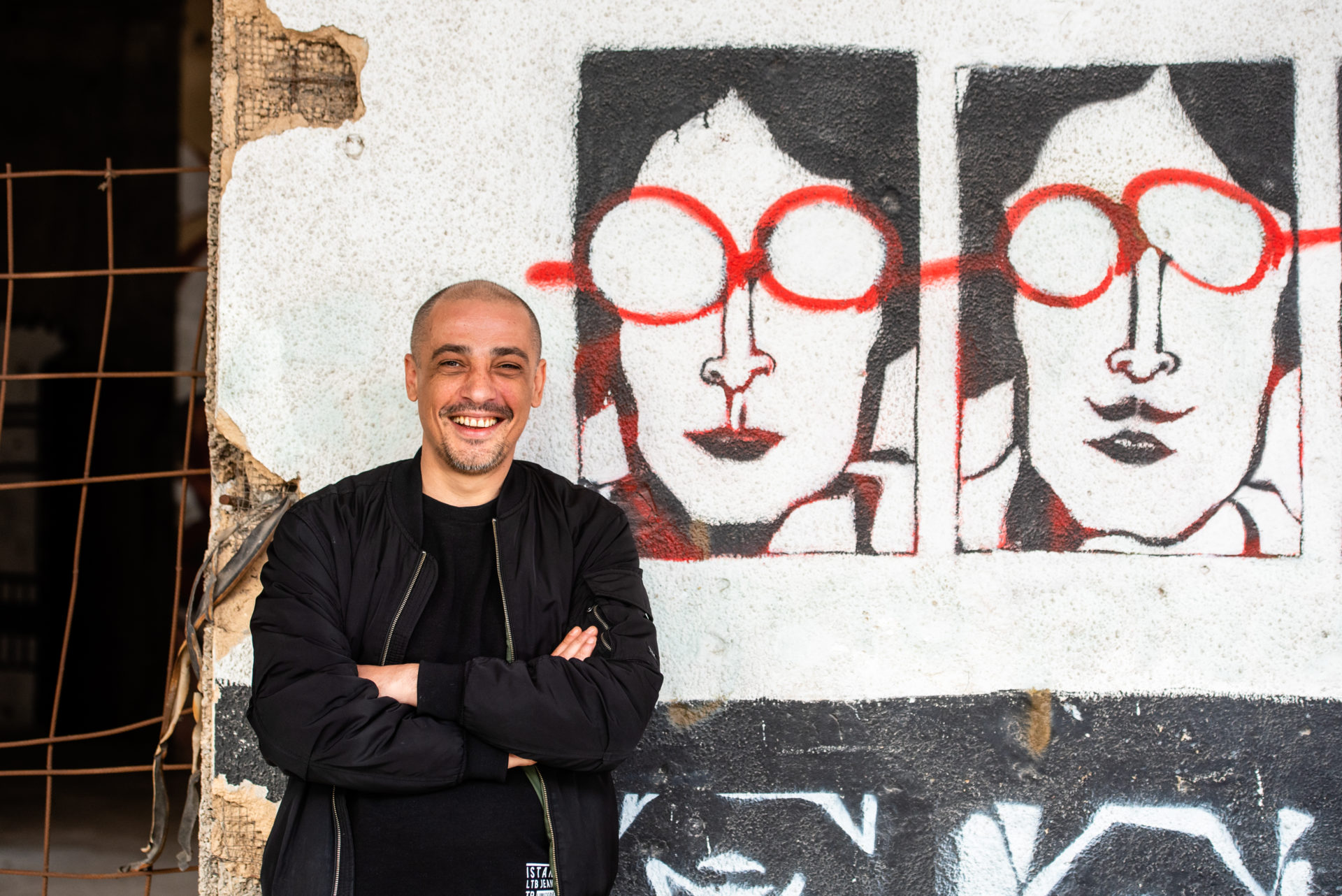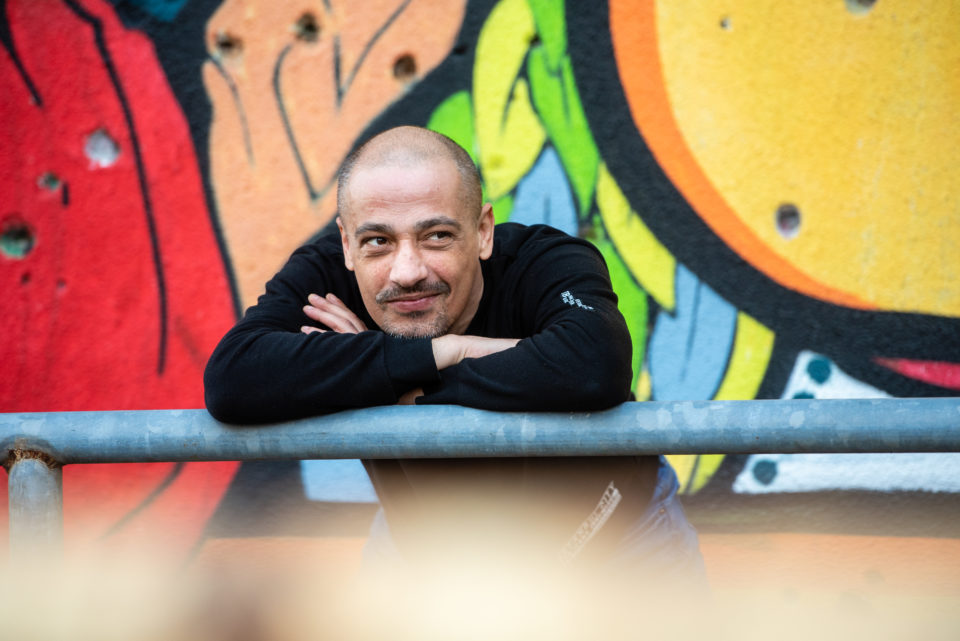
Zoster was born in Mostar, but it exudes a world sound. They are a band who has had a rather successful path after being founded at the beginning of this decade by Mario Knezović and Dražan Planinić.
The name of the group has an authentic meaning, because it describes the virus that frontman Mario Knezović was treated for. They claim the group was born as a result of the decline in society’s immune system.
“This decline is connected with the question of what we would be like if there were no war, because it has affected who we are. Maybe we would be completely different people and do something else. But, it is important that it makes us stronger, that we create new values and that we live life to the fullest,” says Knezović.
The current group members are Mario Knezović (vocals), Atilla Aksoj (guitar), Adis Sirbubalo (keyboards), Nikola Galić (bass) and Goran Rebac (drums). Zoster have released four albums so far: Ojužilo (2005), Festival budala (2007), Imači kada (2012) and Srce uzavrelo (2014). A new album called Najgori is about to be release and win fans’ hearts.
“We usually release an album every four years and each one builds on the previous one. They represent the epochs of our creation, which can be felt in our sound. The sound we create requires the passage of time. Over time a man changes, and we apply these changes in music,” continues Knezović.
He points out that there is no nationalism in music, although nowadays everything is politicized.
“I do what I love and there are people who like it, and those who don’t. I don’t feel pressure nor fear when I write lyrics, because we are not an explicit type of group that will call out others,” he explains.

For Knezović, creating songs does not start with a theme but with chaos, and he does not write songs about things that bother him because he does not solve problems through music.
He adds that music can trigger activism but that one should then be careful and confident in what one is representing. “Music is a weapon but I don’t want to use it that way because the essence of my existence is not to fight others. It is a joy and I would not want to manipulate it,” says Knežović.
The album Najgori is currently in the post-production phase and was announced with the single “Kuda idu svi ti ljudi” (Where Are All These People Going?).
“To understand the meaning of that song and understand why it is the first single, you need to listen to the whole album. There will be ten songs on the album, and it was inspired by the period that has passed since the release of the last album,” he states.
They have performed in major cities such as Barcelona, New York and London, and are announcing new concerts after the release of their new album. As a message to young groups and those yet to emerge, Knežović advises them to listen to their inner urge that tells them what to do.
“You need to learn, work and follow that inner voice, then you will be able to live life to the fullest,” he concludes.
_______________
This article was initially published within the first edition of MIR Magazine. MIR, which means ‘peace’ in Bosnian is an annual publication and platform for young inventive people developed by the Post-Conflict Research Center and Balkan Diskurs. It is dedicated to individuals and organizations that left us a legacy of strongly built foundations to continue our fight for peace and justice.






